Rethinking Activism
As I navigated racial justice conversations with white peers this past year, a common theme popped up. Most people I talked to mention the “resurgence” of the Black Lives Matter movement, clearly visible through the widespread protests in the summer of 2020; when self-described allies decorated their Instagram bios with “BLM” or began following racial justice activists for the first time. It’s undeniable that BLM faced renewed interest and increased support this year, but so many of my white peers refer to the Black Lives Matter Movement as if it were completely new.
As someone passionate about racial justice, I appreciate that these conversations are at the forefront of public discourse. However, as a Black person, I can’t help but ask myself, why now? Why is this the moment white people have chosen to care about being anti-racist? Why were Black people the only ones protesting for other victims of police brutality when the Black Lives Matter movement first started back in 2013? Community organizers and activists have been doing this work for years, most without mainstream funding or recognition. White people may just be catching on, but Black activists now must wonder: how long can we hold white allies’ attention?
In all honesty, white people acting as if the BLM movement started with George Floyd makes conversations about racism near impossible. There are so many issues that people haven’t learned the history of sparking widespread conversation this year- I need people to remember that our problems with racial inequality didn’t start with George Floyd and Breonna Taylor, or even with Donald Trump. It’s not as if racism ended when Obama was elected until Trump brought it back in 2016. When the January 6 insurrection of the U.S. capital happened, my social media timelines were full of people in total and complete shock. "How could this happen?" and "This isn’t the America that I know!" were two common phrases. The truth is, that riot is the only America you’ve ever known. That riot put on full display what America was founded on– white supremacy.
This seems like common sense to me, and yet it’s not. I feel stuck in a loop watching white people rediscover racism every time something big happens and then forget the moment the event has left the news headlines. They take over conversations about race, cry white tears while realizing the gravity of racism, and then move on. Anti-Blackness is rooted in the fabric of U.S. history. That’s what makes critical race theory so important. Racism is not a random occurrence in American society; it operates deliberately and systemically. Living as a Black person means being aware of this from the start because you see racism in small ways every day. Only the big moments make the news, but it is the small moments that emphasize how ingrained inequality truly is.
The performativity of white activism prevents real change from taking place. Instead, we see short-term action that doesn’t help Black or brown people. Reparations funding is one of the most important ways we could help Black communities right now. Wealth inequality is real, and reparations could help break down economic barriers for Black Americans. Not only would the breaking of those barriers help black people, but it would also benefit this entire country. The lack of a racial wealth gap would mean that we can take care of our needs with infinitely more disposable income left over. This would lead to more money circulating, a stimulated economy, and a bolstered standing in the world in both an economic and social sense- the latter coming from the fact that we finally, after centuries, did the right thing. We don't need hip hop to get a holiday or for companies to butcher their acknowledgment of Juneteenth. We need what was taken from us. We need what has accumulated interest that we cannot benefit from and what constantly gets dismissed in the name of platitudes that do nothing in the long run.
There’s plenty more to talk about, plenty more dots to connect, plenty more context to give. We’ll continue doing so next week at 2 PM.

